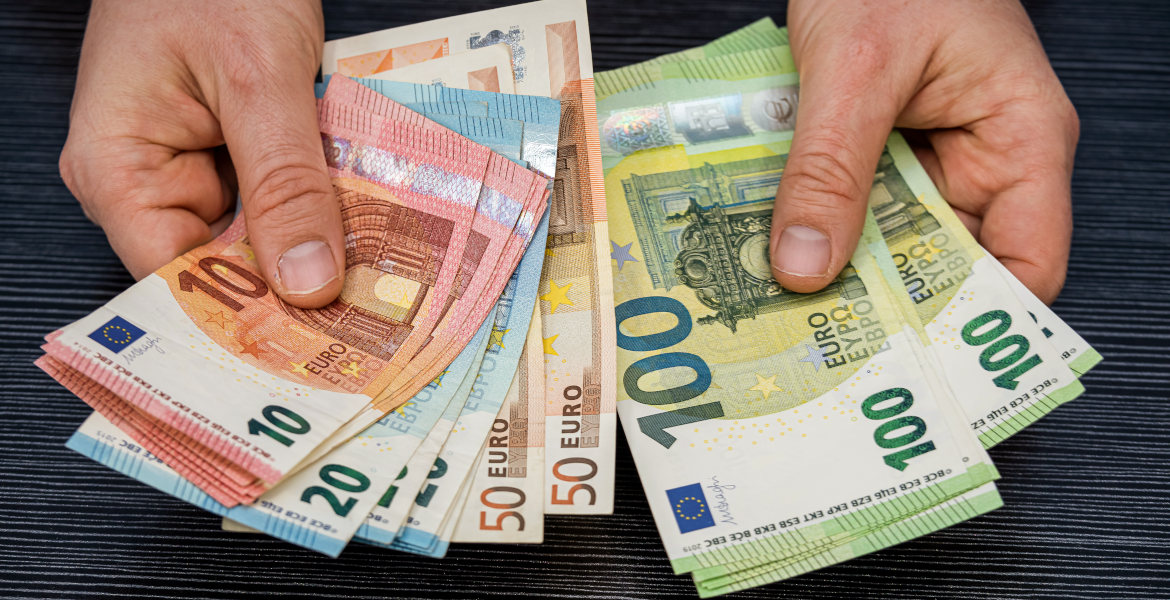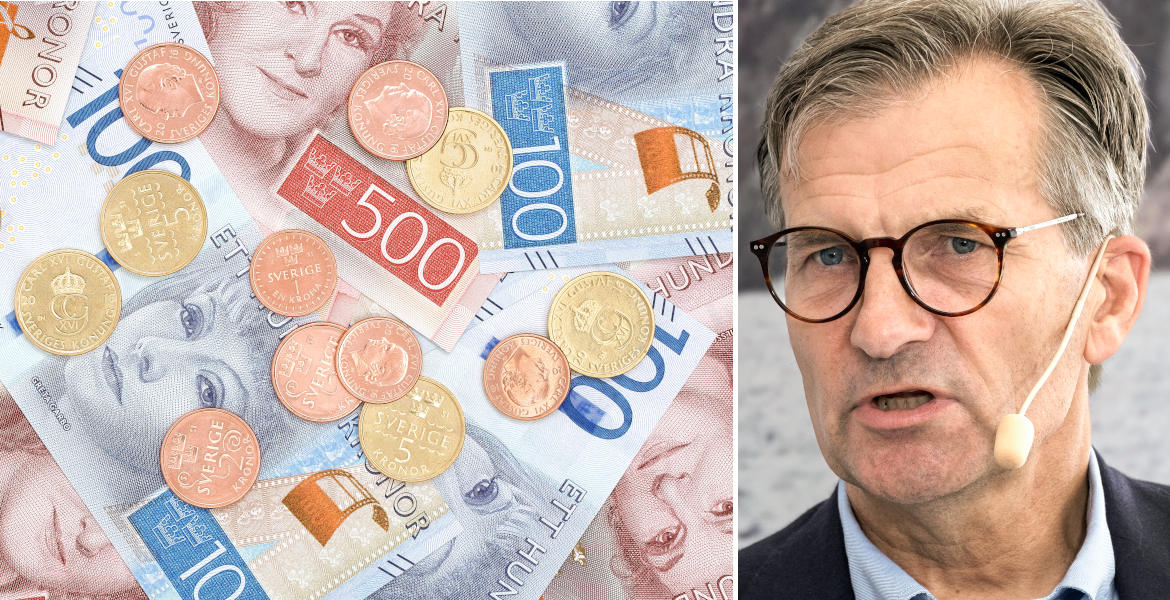Physical cash risks becoming a thing of the past as Sweden is on track to become the first completely cashless country in the world.
This development is negative for many, but it hits the most vulnerable the hardest – namely the elderly, the sick, and the poor.
Since 2007, the amount of cash in Sweden has halved and today over 80% of the population uses digital payment services such as Swish – often on a daily basis. Researchers at Lund University note that many places in Sweden are already completely cashless and that this means that those who, for various reasons, cannot use digital solutions are effectively excluded from society.
An interview study conducted by Professor Lena Halldenius and Associate Professor Moa Petersén at Lund University shows that those with the lowest incomes are also the least able to cope with the forced transition to the cashless control society.
“This includes the elderly, homeless, or mentally ill who often don’t even have a bank account and cannot afford to invest in digital technology”.
“Some of the people we interviewed are homeless or have mental health problems. Others live on a very low income. The barriers they face are both practical and cultural. They feel like criminals, undervalued and excluded from participating in much of daily life”, the researchers write in the international news platform of The Conversation.
“Felt like a thief”
These people can no longer shop in many stores, pay bills or otherwise participate in society in the same way as before, and are instead forced to confine themselves to “cash bubbles” where paying with physical money still works.
“Cash works like a local currency, isolated from the rest of the economy. In the cash bubble, you can buy necessities and go to no-frills cafes, but you can’t pay for parking and you can’t pay bills without help. Volunteers at local community groups told us that they spend most of their time doing people’s banking for them”, it adds.
One specific example concerns an elderly woman who had saved up money to buy a gift for her grandchild – but is refused to do so at the checkout with her grandchild in hand – because the shop no longer accepts cash.
– I felt like a thief, the woman explains.
“Expensive to be digitally poor”
Homeless people sleeping in cars can no longer use the parking meters – because they no longer accept cash. Instead, an illegal market has emerged where people with smartphones and bank accounts pay for their parking at a significant extra cost.
“It’s expensive to be digitally poor”, it states.
Not being able to shop in stores, pay bills and fees, or be part of Swedish society leads to feelings of shame, anger and resignation – while those who use cash are increasingly suspected and stigmatized.
“Digitalization has made people lonely”
Sweden today has become a country “where digital money is good and cash is associated with crime and dirt”, the researchers warn.
“In Sweden, as in many other countries, a fully cashless economy feels inevitable in the coming years. But as we have found, people who rely on cash due to poverty are left without the means to manage independently or even to pay their bills“.
– It’s not just cashlessness. I feel that human beings have disappeared. We live like robots; click here, click that. Digitization has made people lonely, explains one interviewee with resignation.









